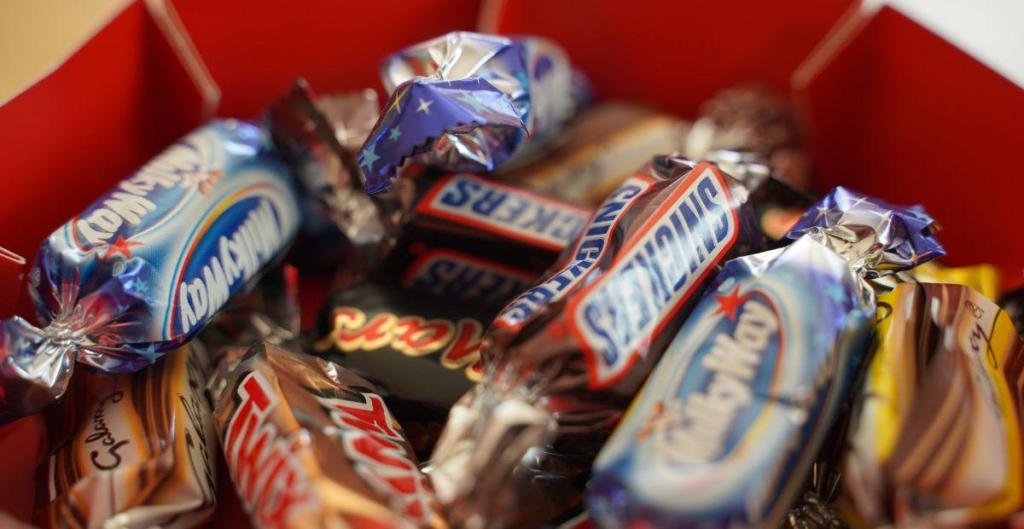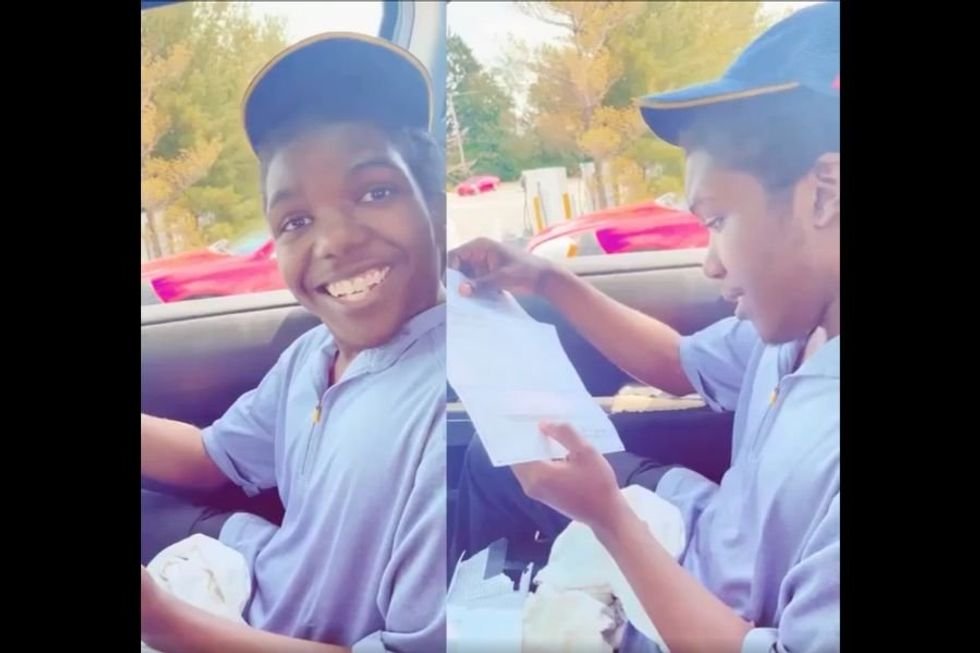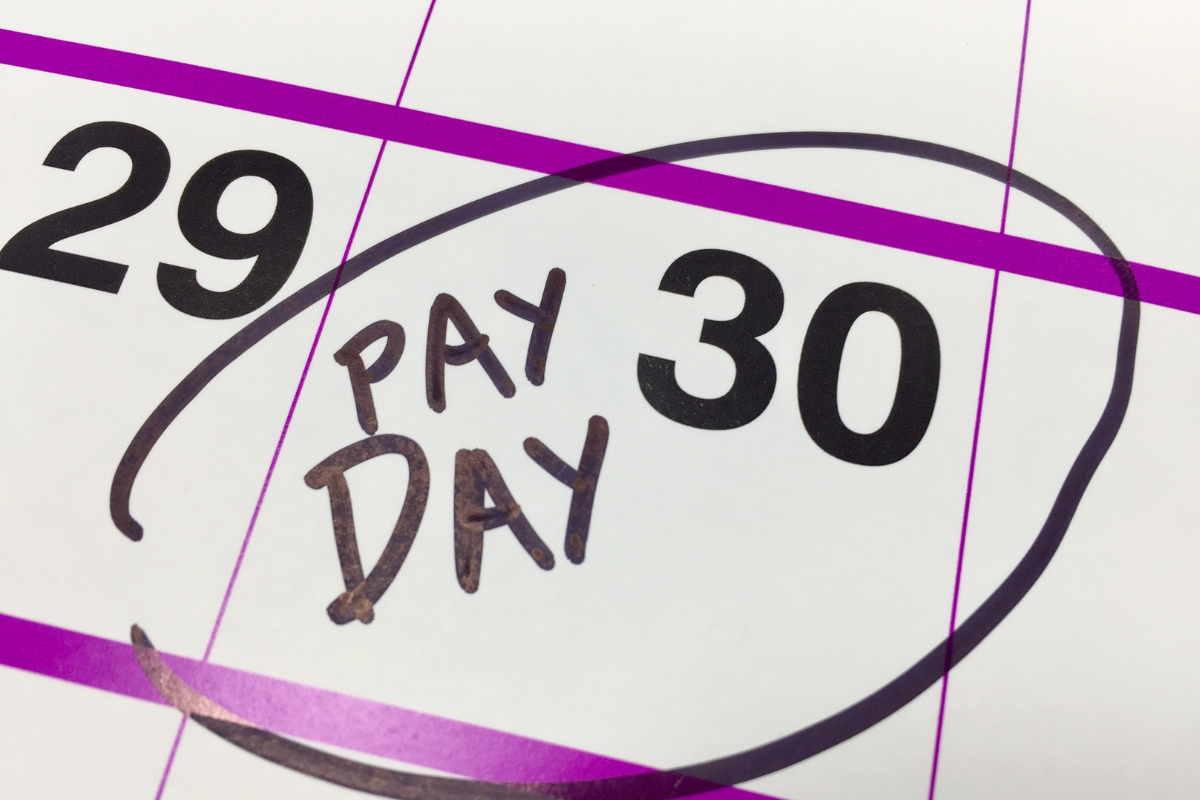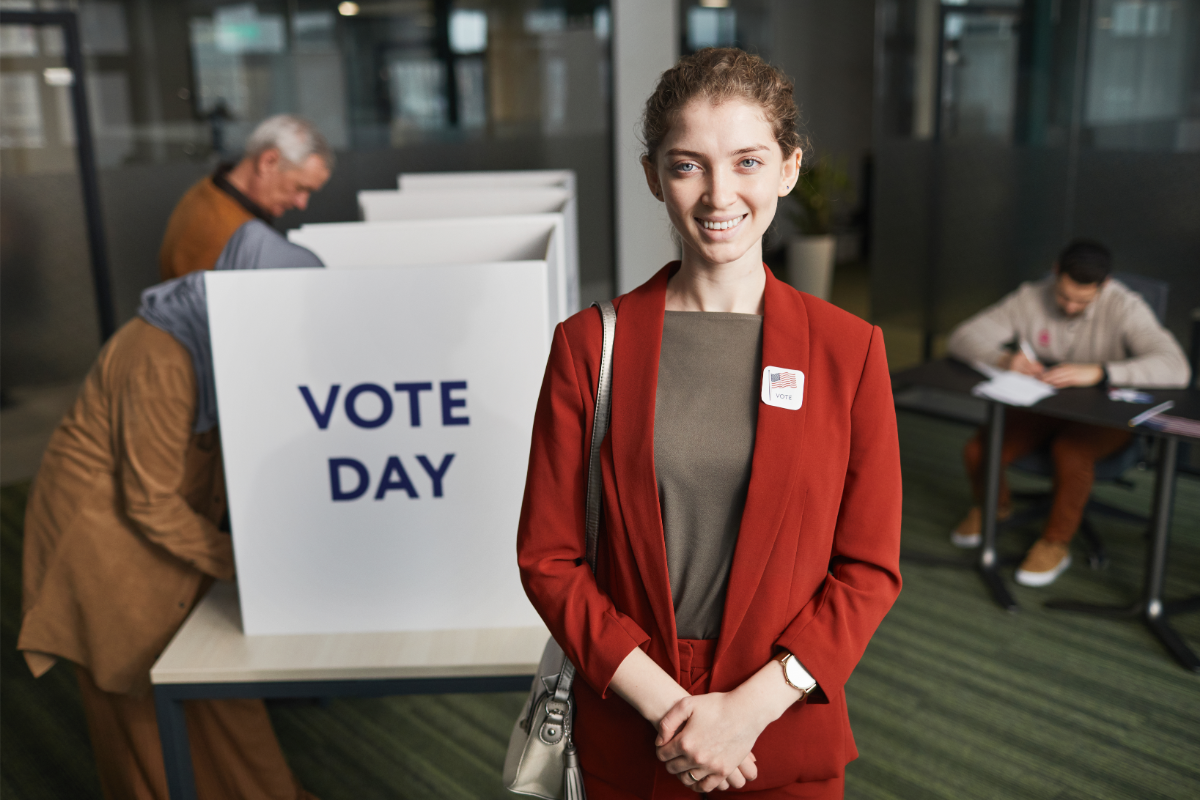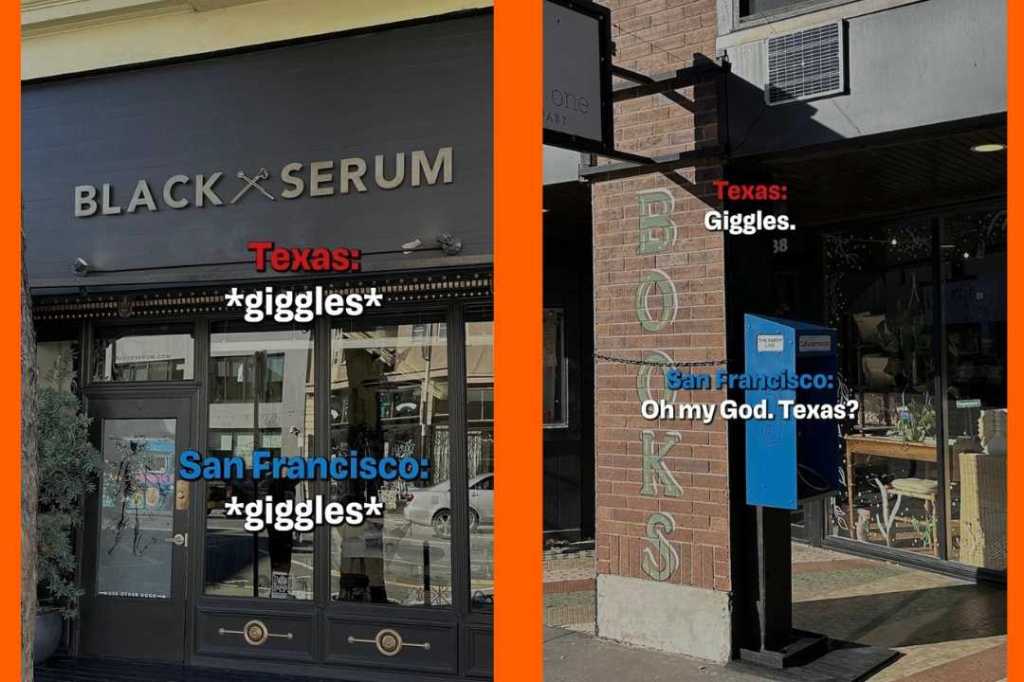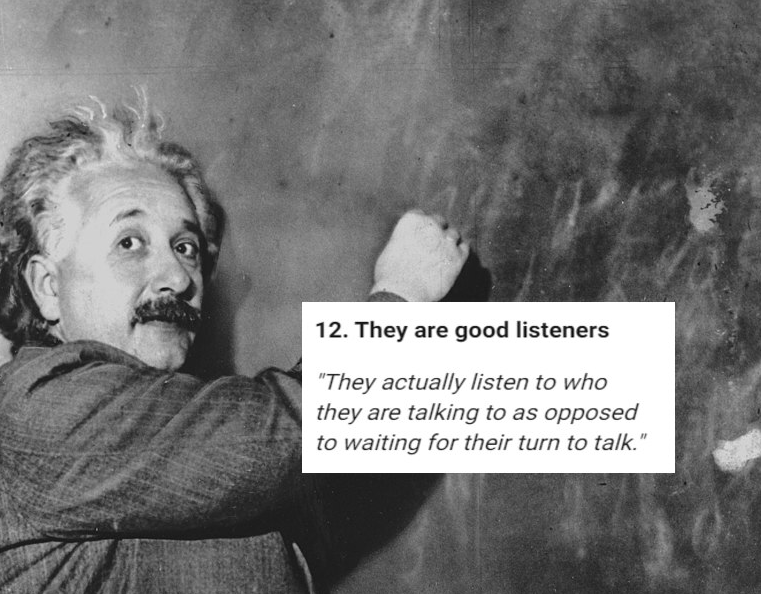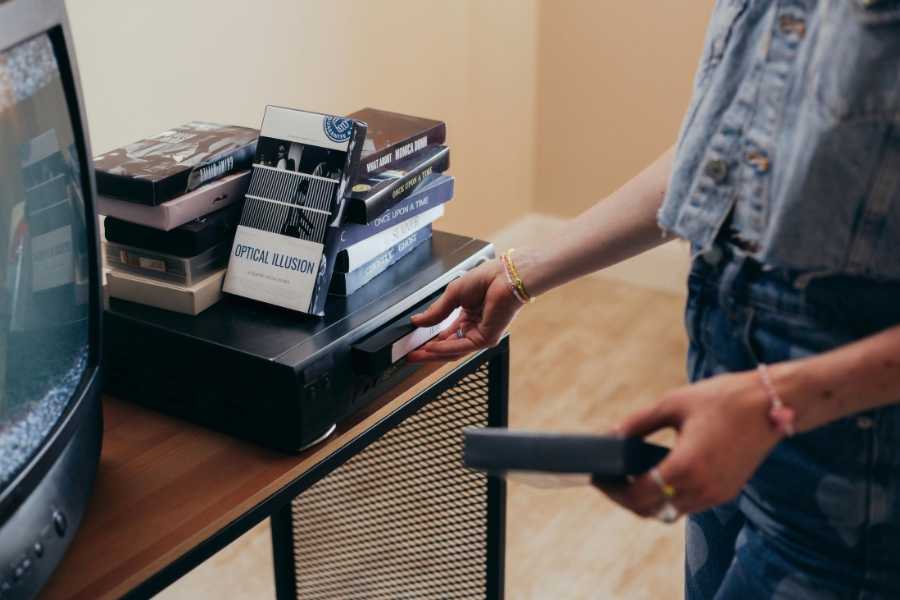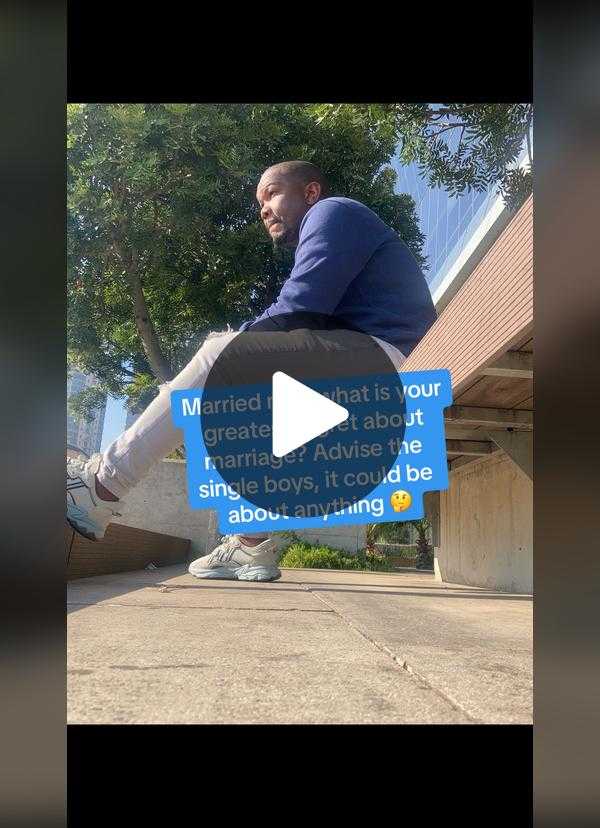Labor Day has officially passed, which means the seasonal aisles that have been filled with school supplies are now teeming with bags and bags of Halloween candy. Hallelujah.
If you’re one of those people who can buy bags of fun-sized candy bars and let them sit unopened in the cupboard for a month, only pulling them the night of Halloween to hand out to trick-or-treaters, congrats. You’re a giant among humans. More power to you.
This article is not for you.
I’m here for the folks who need a solid game plan to manage the nearly two months between Labor Day and Halloween when all willpower and impulse control get pushed to the brink every year. If you fool yourself into thinking you can have hundreds of pieces of chocolatey, nougaty, peanuty, toffee-y candy sitting in your home for weeks and not touch it, only to find yourself hitting the bag multiple times a day, alternating between justifying the consumption of obscene amounts of sugar and plunging into stomachaching regret, you are my people.
You don’t have to dread the Halloween candy season. It’s only taken nearly three decades of full-on adulthood to hone my strategy for September and October, but I’ve got it down. There’s an art to this, friends. Allow me to pass along some of my hard-earned wisdom.
Do not, under any circumstances, buy any Halloween candy before the week of Halloween.
Nope, not even if it’s on sale. No amazing deals. No buy-one-get-one-free gimmicks. Nada. You know you will eat that savings in a week and be forced to replace what you ate by Halloween, therefore spending more than you would’ve without the sale.
Trust me on this. You may think saving money in the moment will also save you from temptation, but it’s lies. Fake news and lies. Repeat after me: Halloween candy sales are not our friend.
The only exception to this rule is if you buy a padlock along with your candy. Then, when you get home, immediately hide the candy in a cupboard with the lock on it and give someone else the key until the day of Halloween. It’s a risky move—there is an entire car ride in which that candy bag will be staring you in the face—but it’s the only way to feel good about purchasing sale candy ahead of time.
Four days before Halloween is the sweet spot. Use it to your advantage.
Apparently, four days before Halloween is when you get the best price on candy, according to an analysis from online shopping portal Ibotta. This is a good thing. For one, it gets you away from the idea that a sale long before Halloween is one you simply can’t pass up. And two, having a clear number of days gives you a window in which to buy so you’re not going at this all haphazardly.
Haphazard Halloween candy buying is just sugar-laden, calorie-bombing chaos, my friends. Don’t do it. The key here is to look ahead, make a plan and stick to it. I like to make an absolute rule for myself that zero candy enters the house before the four-day mark, and then see how long I can hold out during those four days.
If you’ve got candy FOMO, don’t. You won’t miss out.
Sometimes we’re tempted to buy candy early so that we make sure we actually get some before the Halloween season is over, but let’s be real. There is no shortage of candy-filled bowls everywhere you go during these two months. Stop into pretty much any bank. Visit any informational booth. Make an appointment to see your kid’s guidance counselor. Don’t be shy. Grab that free Milky Way out of the bowl on their desk and go to town. No guilt.
Keep reminding yourself that candy is in abundance all around you. You’ll have your own home stash soon enough, but not so soon that you’ll make yourself sick on it. (Also, if you have kids, you can remind them that they have a roof over their heads and food in the fridge and the least they can do is share their Halloween trick-or-treating haul with the person who provides for them.)
Bottom line—you’ll have plenty of opportunities to snag a Snickers here and there during the Halloween season without having to buy your own bag.
Buy candy that you hate or candy that you love, but nothing in between.
I’m not usually this black-and-white, but hear me out. There are basically three ways of thinking about what Halloween candy to buy for trick-or-treaters, but only two of them have a desirable outcome.
1. If you buy candy you hate, you won’t be as tempted to eat it. I say as tempted because people who love candy can generally be tempted by almost anything, but most of us have a candy we simply won’t touch. I could have a bowl of Jolly Ranchers for months and never touch them, for instance. That’s a good trick-or-treater buy for me.
2. If you buy candy you love, you’re definitely going to eat it. Maybe even a ton of it. But if you follow the above advice and wait until a few days before Halloween to buy it, you’ll have less time to gorge on it but still be able to enjoy it. (Gimme all the peanut M&Ms, thankyouverymuch).
3. If you buy candy you like but don’t really love, that’s just trouble. You’ll likely eat just as much of it as you would your favorite candy—that’s the nature of having copious amounts of not-gross candy on hand—but it won’t be nearly as satisfying. If you’re going to eat candy, you should get the optimal amount of enjoyment out of it. Make it worth it.
Go for the chocolate and nuts. Ditch the candy corn and jelly beans.
As far as narrowing down your candy choices, there’s a strategy here, too. Though you may assume they’re the worst because they’re so rich, nut-heavy candy like peanut M&Ms, Snickers and Reese’s Peanut Butter Cups are actually some of the best choices, according to two dietitians in Everyday Health. Nuts have protein and fiber and chocolate has antioxidants (the darker the better), so at least you’re getting some nutrition along with the sugar. (It’s a real thing! Dietitians said so!)
Chewy and fruity candies like candy corn and jelly beans are basically just pure sugar. They feel lighter as you’re eating them, which in my experience just makes you likely to eat more of them, leaving you eating more sugar and feeling less satisfied. I love me some Skittles and Smarties, but they just don’t hit like the Snickers and Reese’s. Not worth it to buy a whole bag of them.
The key is to delay the inevitable as long as possible, not to eliminate it.
I’m sure some people would suggest not even buying candy at all, and for some people maybe that’s wise. (There are some reasonable non-candy alternatives to give out.) But I’m not willing to forgo Halloween candy altogether. It’s all about timing, setting some realistic ground rules and knowing what candy is worth indulging in. The idea is to enjoy the candy if you really want to, but delay gratification as long as you can.
Speaking from experience, Halloween is a lot more fun if you don’t go into it having already gorged on candy for six weeks straight.

